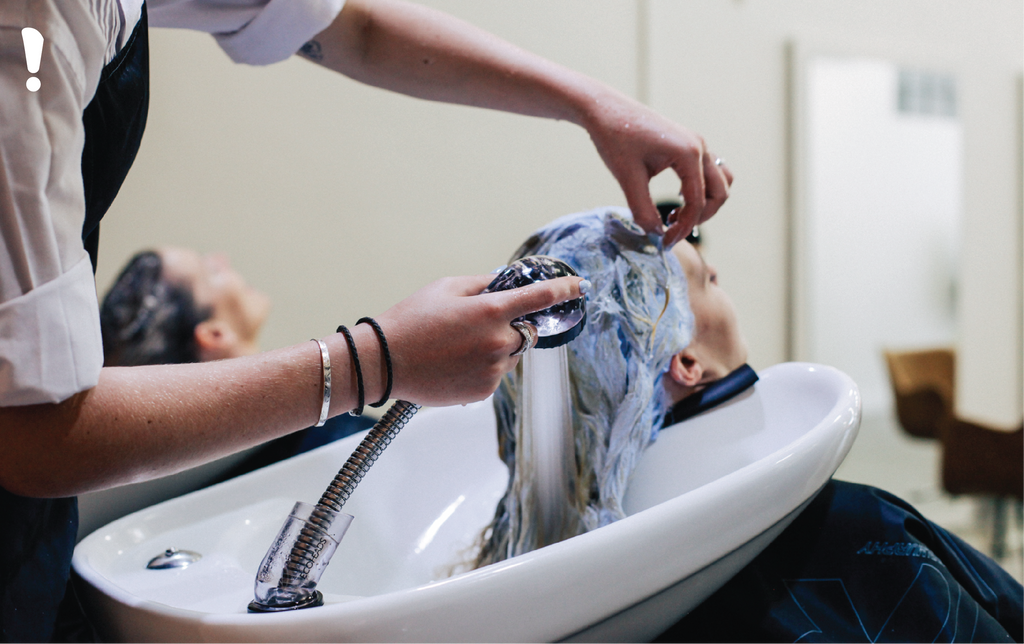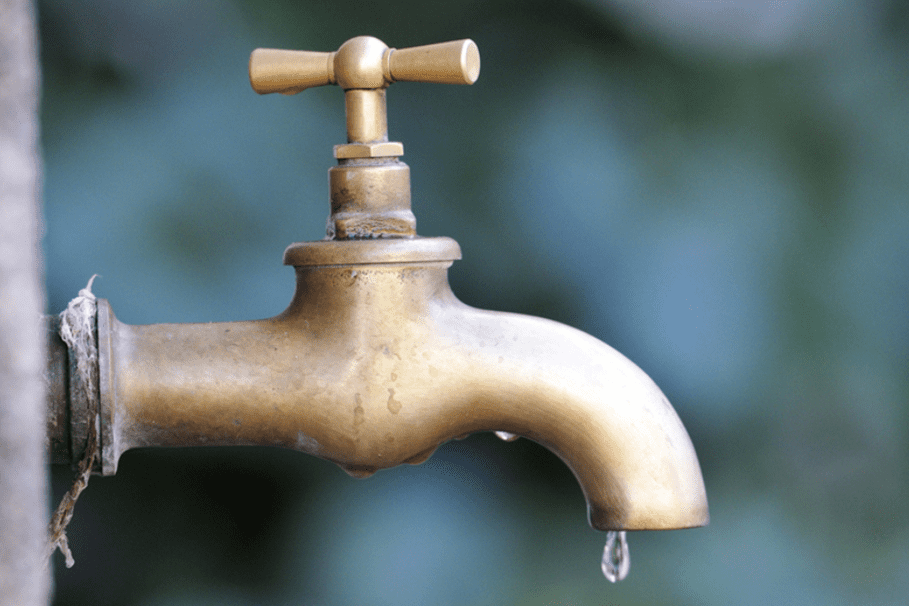What are your thoughts on How to stop pipes from freezing during the winter?

All property owners who reside in warm climates should do their best to winterize their pipes. It is something you need to do throughout fall prior to deep winter months truly starts. Failing to do so can lead to catastrophe like frozen, broken, or ruptured pipes. Right here are some handy winterizing hacks to keep your plumbing system secured even if the climate outside is shocking.
Try a Hair Dryer or Warmth Weapon
When your pipes are almost freezing, your trusty hair clothes dryer or heat weapon is a godsend. If the warm towels do not assist displace any type of settling ice in your pipelines, bowling hot air straight into them might aid. You may finish up damaging your pipelines while trying to thaw the ice.
Open Cupboard Doors Hiding Plumbing
When it's cold outside, it would be valuable to open cupboard doors that are concealing your pipelines. Doing this little method can maintain your pipelines cozy as well as limit the potentially unsafe end results of freezing temperatures.
Take Time to Wrap Exposed Water Lines
One nifty and also very easy hack to warm up cold pipes is to cover them with warm towels. You can additionally utilize pre-soaked towels in hot water, simply do not fail to remember to put on protective handwear covers to safeguard your hands from the warm.
Turn On the Faucets
When the temperature drops and it seems as if the cold temperature will last, it will assist to turn on your water both inside your home and also outdoors. This will certainly maintain the water moving via your plumbing systems. You'll end up wasting gallons of water this way.
When Pipes are Frozen, close Off Water
If you observe that your pipelines are completely icy or nearly nearing that stage, turn off the major water valve instantly. You will generally discover this in your cellar or utility room near the heating unit or the front wall closest to the street. Turn it off right now to avoid more damage.
Do not neglect to shut outside water sources, also, such as your hookup for the yard home. Doing this will stop additional water from filling out your plumbing system. With more water, more ice will certainly stack up, which will ultimately lead to burst pipes. If you are not sure regarding the state of your pipes this wintertime, it is best to call a specialist plumber for an assessment. Taking this proactive strategy can conserve you countless dollars in repairs.
All home owners that live in warm climates should do their best to winterize their pipes. Failing to do so can lead to calamity like frozen, split, or burst pipes. If the warm towels do not help dislodge any kind of resolving ice in your pipelines, bowling warm air straight into them may assist. Transform off the primary water shutoff promptly if you discover that your pipes are entirely icy or virtually nearing that phase. With more water, more ice will certainly stack up, which will at some point lead to break pipes.
PREVENT YOUR PIPES FROM FREEZING THIS WINTER
A Leading Cause of Property Damage
When the weather is taking a deep nose dive into the cold dreary days, the risk of your pipes freezing and potentially bursting skyrockets. Unfortunately, during these cold dreary months, burst pipes are the most common denominator for property damage. The pipes that are most at the risk are those that are in areas where it is most cold in your home. For instance, pipes located in interior places such as basements, attics, and your garage. Unfortunately, that doesn’t mean that the pipes running through your cabinets or exterior walls can’t freeze. Good news, however, is that you can do things to help prevent pipes from freezing.
How to Prevent Pipes From Freezing
Once the temperature starts to drop during the winter, you should be taking the proper measures needed to ensure that your pipes stay warm and that there is circulation of water through them. Some steps that experts may recommend could go against your better judgement when it comes to saving water and heat. However, it would go without saying that when expenses are compared, damaged pipes could put a bigger dent in your wallet than a water bill.
What Can I Do?
Keep your garage door closed. This is very important, especially if you have water supply lines running through your garage. Open your kitchen and bathroom cabinets to allow warm air to circulate through them. Allow air circulation throughout your home. Keeping the interior doors open will once again allow the warm air to circulate inside your home. Ensure your thermostat is running the same temperature throughout the night and day. If you plan to be away from home during the cold months, set your temperature no lower than 55° F. This should provide enough heat to keep the pipes warm and prevent any remaining water inside the pipes from freezing. For more of a long-term solution, add insulation to attics, basement, and other crawl spaces around your home. By allowing your faucet to drip, it will alleviate pressure in the system. This is important because the pressure that is created between the blockage and the faucet can potentially cause the pipes to burst. Allowing the faucet to drip will prevent the pressure from building up, therefore keeping the pipes from bursting. Seal any cracks, openings, and crawl spaces around your home to prevent cold air from coming inside. This keeps your pipes-not to mention your home-warmer and less susceptible to issues caused by freezing temperatures. For the pipes in your home that are easily accessible, applying electrical tape to them might prevent them from freezing over. This is a quick fix, as you can apply the tape directly to the pipe. There are two options for heating tapes. One turns on and off by itself when it senses heat is needed. The other type of heating tape needs to be applied when heat is needed and removed when not necessary. If you have exposed pipes in your home, you can check this website to take a look at a few options that would be available at a shop near you.

Do you enjoy reading up on Winterizing Your Pipes? Write feedback directly below. We'd be pleased to listen to your thinking about this review. Hoping that you come back again before long. Be sure to take the opportunity to distribute this blog post if you liked it. Thanks for going through it.
Maintain plumbing health; connect today.